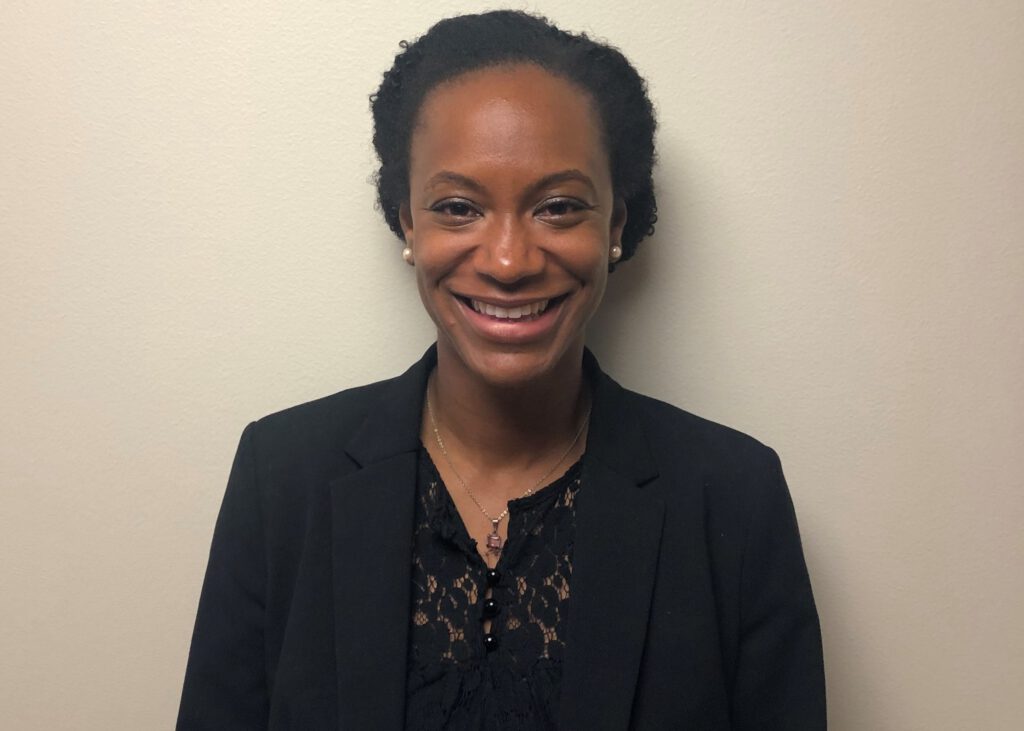As a family medicine doctor Abayomi Jones has seen disparities in healthcare firsthand — the lack of access, or insurance, or poverty, or all of the above contribute to poor outcomes, but there’s also more to it than that.
“Yeah I see it and I understand why there’s mistrust in the (Black) community around research or science in general. It’s hard not to,” said Dr. Jones.

Unequal Outcomes
Racism plays a role, she said. Some of it is historical, such as the infamous Tuskegee Syphilis Study. But some of it is happening right now, such as how pain medication is administered differently between Black and white patients. In other cases, it might be less obvious but even those subtle differences result in unequal outcomes.
And the pandemic has only “exposed the racism and equity gaps in healthcare that were already there, to begin with,” Dr. Jones said.
You see it in the vastly different outcomes for between Black and white patients with COVID-19, for example.
A Need for More Inclusive Research
But despite those problems with the current system, Dr. Jones sees value for her and other African Americans to participate in research. Right now, not enough genetic health research includes people from the Black community, leaving them less likely to benefit from the insights of that research. She’s also seen this firsthand in daily medical interactions in the clinic.
For example, oftentimes doctors take BMI as a total number, instead of looking at body distribution and body types, she said. And they use this “average” as a general metric for all populations.
“That feels like an insult,” Dr. Jones said. “I don’t think people take it that way but the data that was used to derive that table was taken from people who do not look like me or that doesn’t take into account people who look like me.”
It’s the idea that so much of health research talks about the “average population” but that in many cases that average isn’t from all populations.
“And I think a lot of times in healthcare (average) is a synonym for “normal” and I think that’s the unspoken bias,” Dr. Jones said. “It’s that the average is ‘normal,’ but what if you are not a part of that average? What does that make you?”
The Motivation to Participate
That’s part of her motivation for participating in 23andMe research. She also believes that if more African Americans participate in research, whether with 23andMe, or the National Institutes of Health, there will be more relevant data around conditions that are so much more prevalent within the African American community.
“Which are all the diseases that have some of the highest mortality rates like diabetes, heart disease and weight-related conditions like hyperlipidemia,” Dr. Jones said.
Dr. Jones is also interested, not just in how the healthcare system treats people differently depending on their race, or how health research has left out the Black population, but in the health effects of racism itself.
“How stress affects your health, and the post-traumatic stress of racism specifically,” she said.
By participating in research Dr. Jones hopes to contribute to research that will benefit the Black community.
“The biggest thing is transparency,” she said. “I want to know who is profiting from this research and how will it be used? I think there is a lot of interest in how this research can help us and other people too.”



